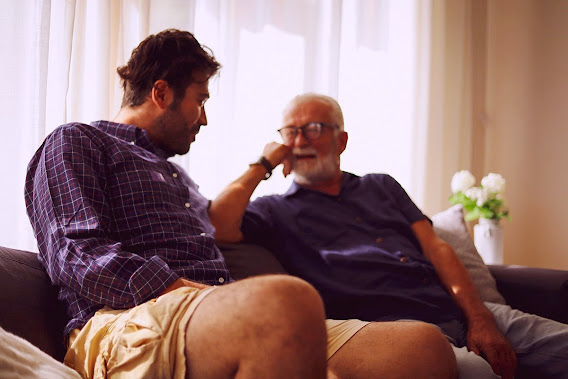The challenges and changes that come with aging can be very complex. Often, anxiety and depression are considered common disorders in aging adults, but that is not always true. Depression occurs in many people of all ages at some point in their lives. A concern for older adults is the depression that seems to happen regularly at the same time each year for no apparent reason. This is not at all uncommon for some older adults, and it does have a name. It is called Seasonal Affective Disorder, and it is a form of depression experienced mostly by older adults about the same time every year, usually in the winter. Home Care Richmond throws some light on this topic below;
Learning About SAD
Seasonal Affective Disorder (SAD) occurs when the days begin to get shorter, and the nights get longer. This type of depression can affect the senior's appetite, mood, energy level, and sleep. It can also affect the older adult's sense of self-worth, their relationships, social connections and activities, and every other aspect of their life. The senior loved one will feel like a totally different person than they were during the summer. They may feel sad, tense, hopeless, and stressed, and even have no interest in friends, or other things that they normally love.
Depression from Seasonal Affective Disorder generally starts in the fall and lasts until summer when the days are longer again, usually during the brighter days of springtime or early summer. The disorder affects one to two percent of the general population, but mostly women and young people. The reduced warmth, light, and the dreary color of winter can leave many people with a feeling of tiredness, but this is not necessarily a cause for concern. Only if the symptoms occur the same time each year, have a genuine impact on the quality of life of the older adult, and get better when the season changes, can it be considered Seasonal Affective Disorder.
The Risk Factors of SAD
The risk factors for this disorder are gender, age, and family history. To help combat the symptoms of Seasonal Affective Disorder, Richmond Home Care has listed down some of the things older adults should try:
1. Get as much natural sunlight as you possibly can during the winter months.2. Open blinds and drapes, and sit near the window. Take short walks outside, and on mild days have coffee outside.

Comments